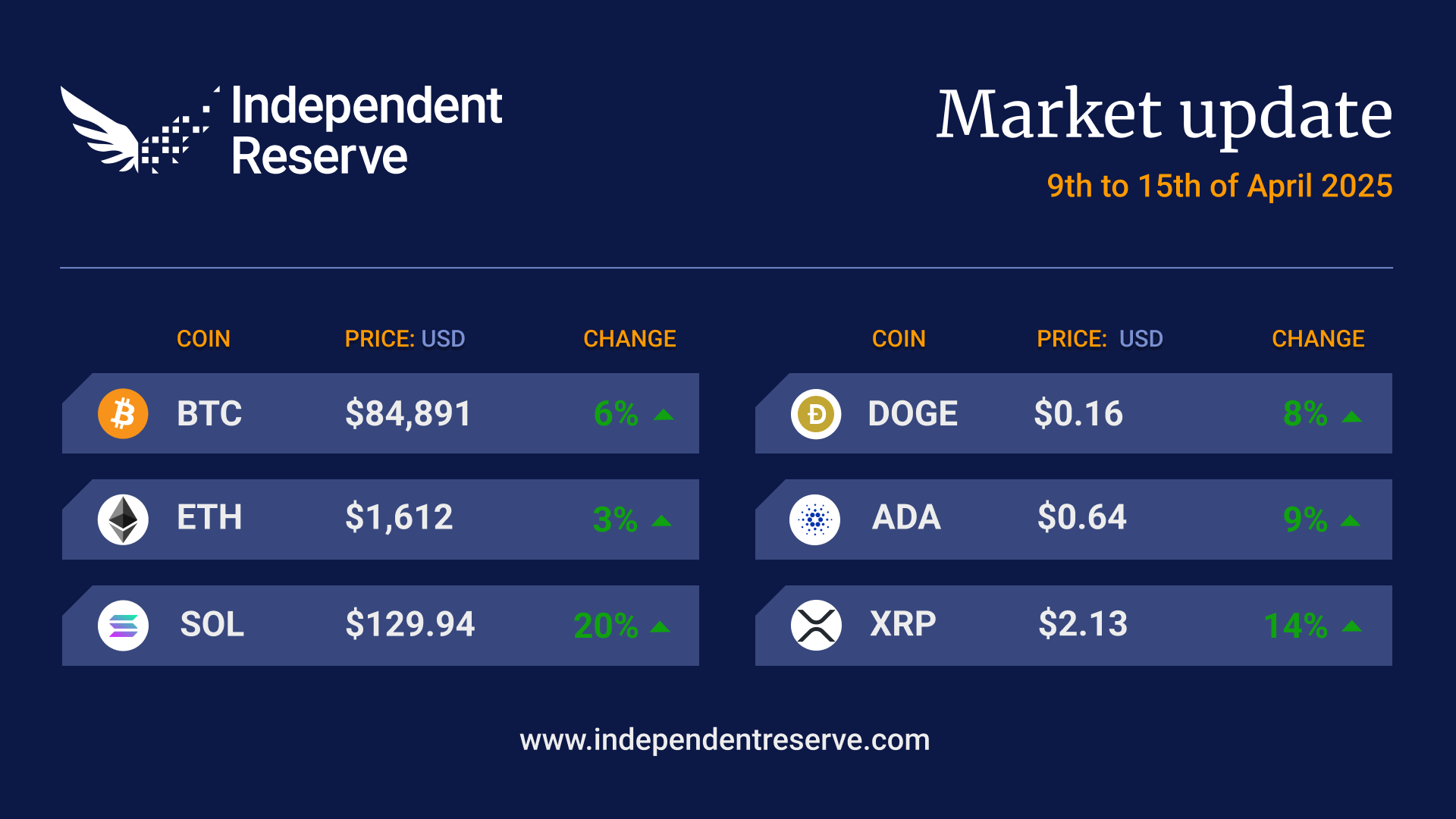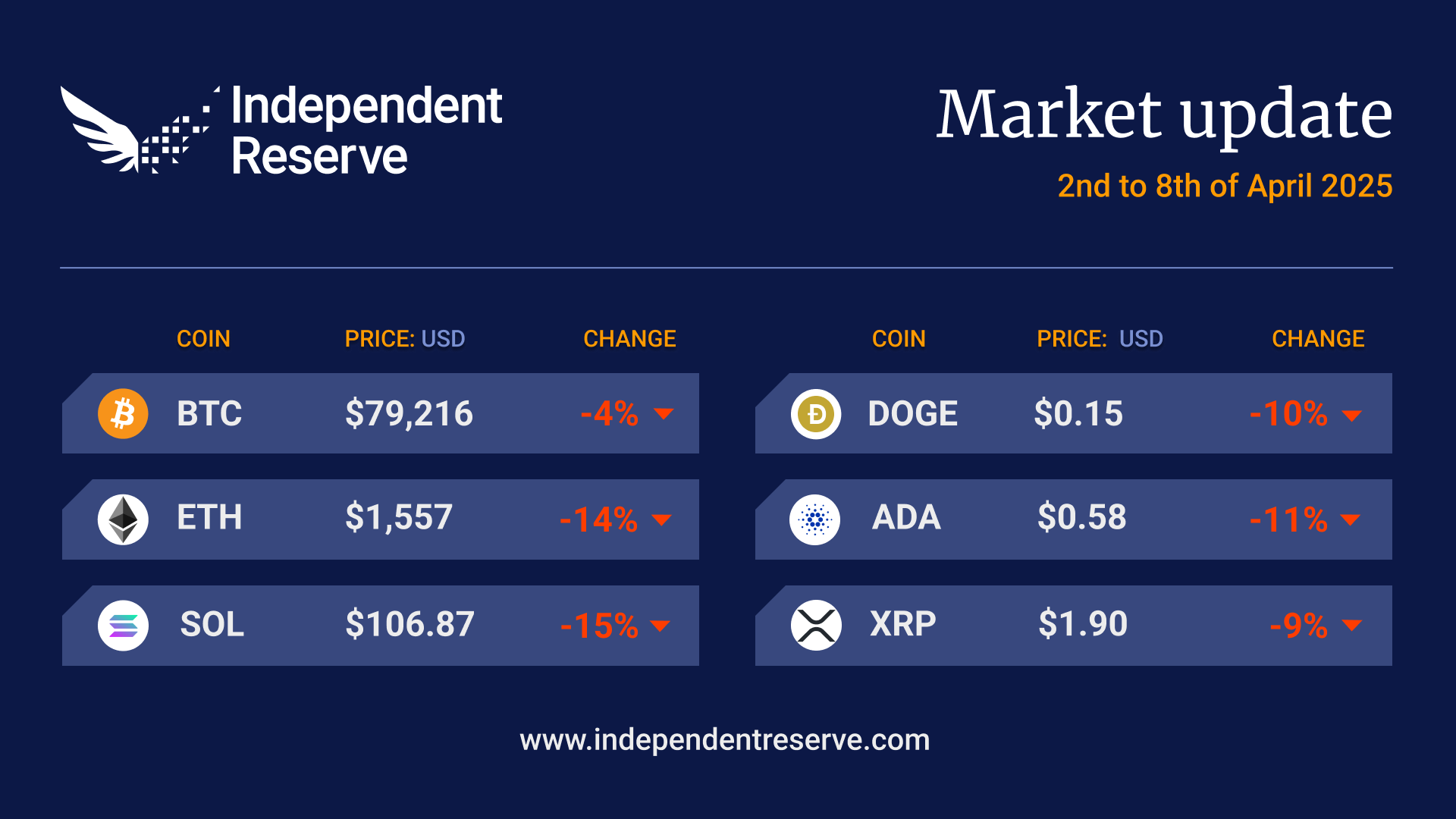If you make a profit on the sale or trade of a cryptocurrency, then some, or all, of the gain may be taxed.
According to the Australian Tax Office, Bitcoin is considered an asset for capital gains tax (CGT) purposes. That means a CGT event occurs every time you dispose of your cryptocurrency. That includes trading it for another cryptocurrency.
Most of the time (for ordinary investors) the ATO treats buying and selling cryptocurrency in same way it treats buying and selling shares.
What does that mean at tax time?
The rules are different depending on whether you bought Bitcoin or other crypto as an investment, or if you acquired it to pay for goods and services (like normal money).
If you’re carrying on a business in cryptocurrency, or you’re a professional trader, there are different rules again.
Bitcoin/cryptocurrency as an investment
If you purchased cryptocurrency as an investment (you intend to hold on to it in expectation of an increase in value), chances are you’ll need to pay tax on any capital gain you have made when you dispose of it.
If you have held a particular cryptocurrency for 12 months or longer you may be entitled to the 50% CGT discount, which can provide significant tax savings.
Cryptocurrency as a personal use asset
Cryptocurrency may be classified as a personal use asset if you acquired it, and kept or used it, mainly to purchase items for personal use or consumption.
To put it another way, if you acquired cryptocurrency to actually use it like money, then it may fall under personal use.
This is not always easy to prove, and the longer you hold onto it, the more likely the ATO is to see it as an investment.
If it’s classified as a personal use asset, then capital gains or losses that arise from its disposal may be disregarded.
Note: only capital gains you make from personal use assets acquired for less than $10,000 are disregarded for CGT purposes. All capital losses you make on personal use assets are disregarded.
Carrying on a business in cryptocurrency
If your business holds Bitcoin for sale or exchange, you may be able to declare your gains as normal income and not capital gains.
The ATO has a few tests to determine if you’re carrying on a cryptocurrency business.
Are you:
- carrying on the activity for commercial reasons and in a commercially viable way?
- undertaking activities in a business-like manner? This includes preparing a business plan and acquiring capital assets or inventory in line with the business plan.
- intending to make a profit or genuinely believe you will make a profit, even if you are unlikely to do so in the short term?
Cryptocurrencies used for business transactions
If you accept cryptocurrencies in exchange for products or services in the normal course of your business, you will need to include the value of the cryptocurrency in Australian dollars as part of your ordinary income.
This is the same process as if you received any other non-cash barter arrangements.
Exchanging one cryptocurrency for another
If you dispose of one cryptocurrency to acquire another, this is regarded as disposing of one CGT asset and acquiring another CGT asset.
What sort of records do I need to keep?
At a bare minimum you’ll need to know the date you acquired the cryptocurrency and its value in AUD at the time.
You’ll also need to know the date you disposed of, or traded, the Bitcoin/cryptocurrency and the value at the time in AUD.
For example, if you bought 1 XRP for $1 on July 1 and traded it for 2 Stellar worth 75 cents each ($1.50 in total) on July 10 then your capital gain would be 50 cents. You need to keep records of all of these details.
How do I work out what my balances were worth at EOFY?
For the purpose of calculating balances, the ATO accepts closing value published on cryptocurrency exchange websites that report on historical values.
Independent Reserve, alongside the Australian Tax Office in particular, has developed the appropriate reporting and statement mechanisms that form the basis of that system.
How to calculate tax obligations and report to the ATO
Independent Reserve has partnered with Crypto Tax Calculator to simplify tax time. If you are an Independent Reserve customer, you will receive a 30% discount off your first year with Crypto Tax Calculator.
Crypto Tax Calculator handles everything from routine exchange trades to complex on-chain activities, including DeFi and NFTs. Simply import, review and submit to the ATO.


